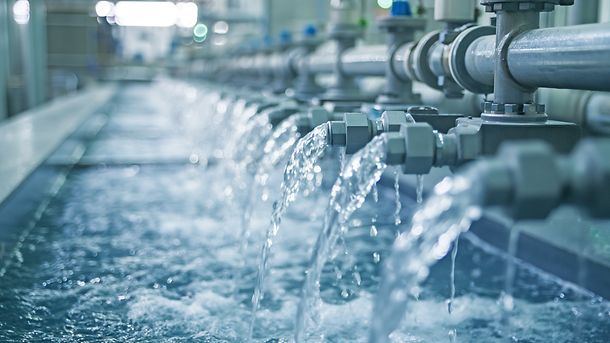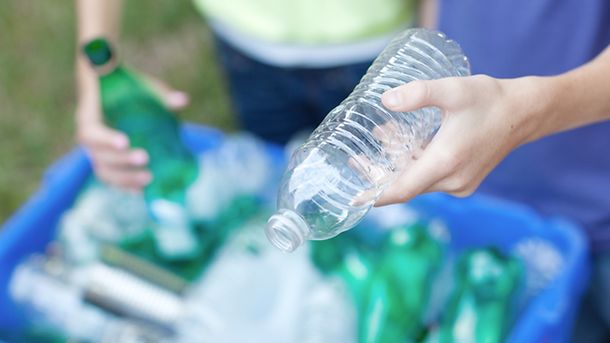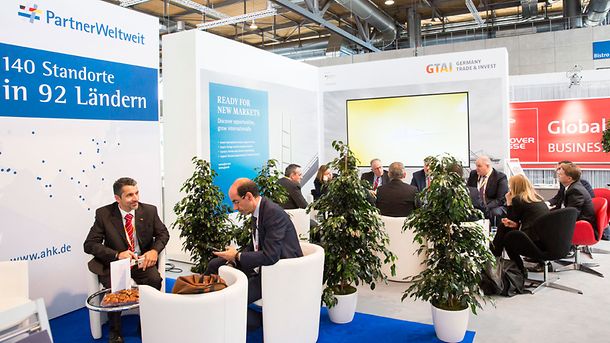By 2025, the market for environmentally friendly products is expected to account for 20 percent of German GDP. This clearly demonstrates the increasing importance of sustainable technologies in Germany’s economy.
Your company is already operating in Germany and you would now like to export worldwide?
Key Facts
Environmental Technologies Industry
A number of developments are driving the environmental technologies sector like never before. This includes the European Union's Green Deal and growing demand for sustainable business models. Climate protection and resource conservation require complex, cross-sector solutions. As a result, greentech products “made in Germany" are in high demand in global markets. German companies provide integrated solutions based on innovative products and services. Greentech products have enormous growth potential – allowing actors in Germany to play a leading role in shaping the European market.
Circular Economy
Germany’s leadership in the global recycling industry is based on the country’s first mover role in waste management law and a business environment that favors innovation and new technologies.
Sustainable Water Industry
Germany is home to Europe’s biggest sustainable water management market. A commitment to sustainable water innovation also makes it the continent’s leading exporter of water treatment technologies – as well as a major provider of solutions that guarantee higher efficiency and water quality standards for water-intensive industries around the world.
Industry Sectors
Success Stories
We have a proven track record in helping international companies of all sizes successfully set up business in one of the world’s most dynamic markets. Find out why renowned international companies chose Germany as a location for their business and how Germany Trade & Invest helped them to settle in Europe’s biggest market.
Success Story IDs:
The Australian based company Neometals Ltd. started a joint venture with the SMS group in Germany to demonstrate and commercialize an innovative lithium battery recycling process. The flagship project, Primobius, includes the construction of a showcase demonstration plant. Germany Trade & Invest provided investor support and site selection services to Neometals.
Germany Trade & Invest spoke to Jeremy McManus, General Manager, Commercial and Investor Relations of Neometals, about the market outlook and the company's decision to start operations in Germany.
Full Interview: Neometals to Tackle Huge European Demand for Battery Raw Materials
News
Meet Us
Meet us at trade fairs or conferences worldwide or join our webinars. Schedule an appointment with our experts. Find someone at the nearest location to you or visit us in our headquarters in Berlin.
Upcoming GreenTech Events
Find out about upcoming events and make an appointment to meet one of our industry experts to discuss market opportunities in your sector.
Pollutec 2025: Environment & Energy Technologies Trade Show
IFAT 2026: IFAT Munich 2026 - World's Leading Trade Fair for Environmental Technologies
Meet our Experts
Looking to expand your business presence to Germany? Our team of market experts can provide all of the necessary information free of charge. We look forward to hearing from you.
Your Nearest Expert
As well as our headquarters in Berlin we also have offices around the world. Find the nearest location to you and meet us in person.
Downloads
Looking for detailed reports on industry segments and opportunities? Download our free Industry Overview for more data, analysis and insights.







